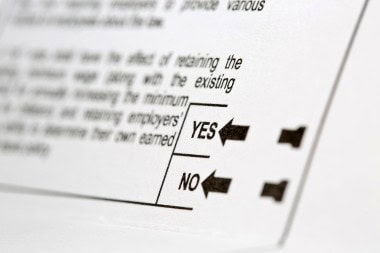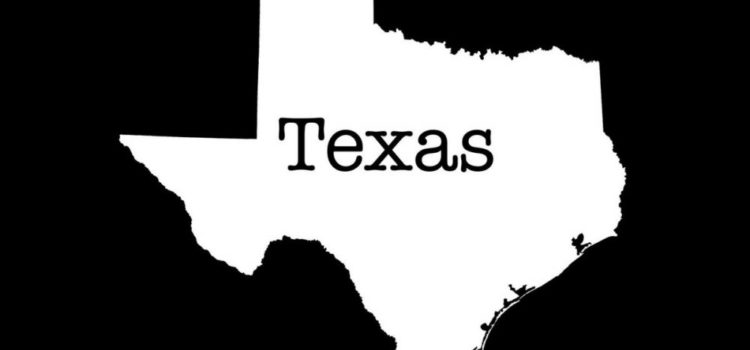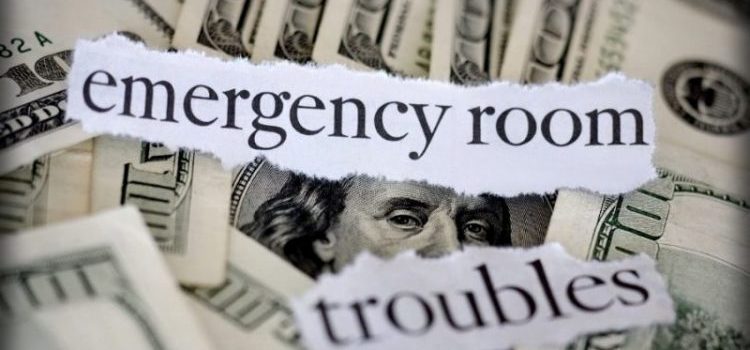Alan Ayers, MBA, MAcc Urgent Message: Legislation for the licensure of urgent care centers has been enacted or proposed in 4 states for 2025, creating state administrative offices that can further define rules affecting operations. Citation: Ayers AA. State Legislation Could Impact Urgent Care Facilities. J Urgent Care Med. 2025; 19(7):43-45 Several states have recently proposed rules calling for the regulation of urgent care centers. While most of the bills have a long journey ahead …
Read More









